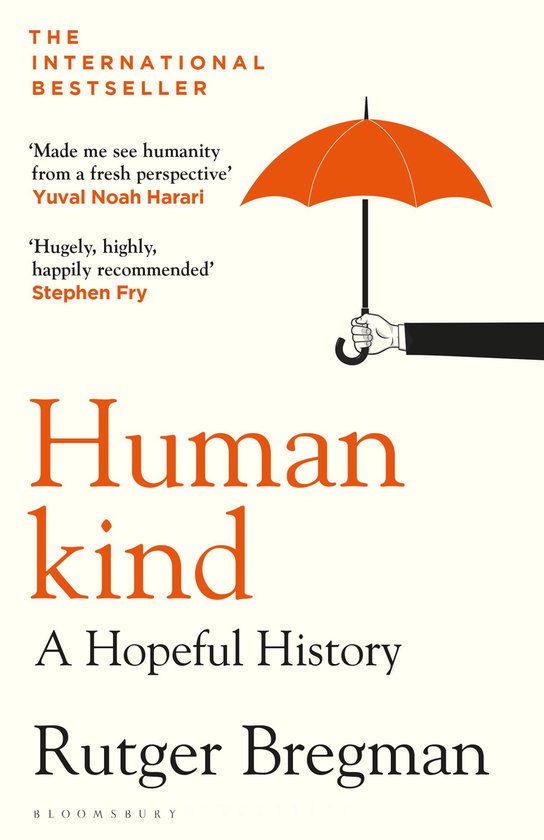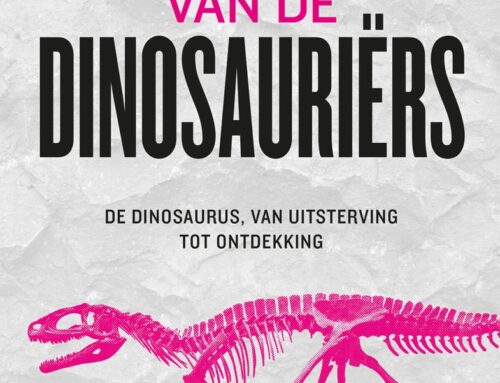by Rutger Bregman
Humankind was actually a book my mother bought for herself. She was so enthusiastic about it that I couldn’t resist picking up a copy for myself. And she was absolutely right—it’s a fantastic book. It’s full of hope and, honestly, much more in line with how I personally view humanity.
What really caught me off guard was how many things I thought I “knew” about human behavior were completely wrong. For instance, I had always been taught about the infamous “bystander effect,” which was based on the story of a woman in New York City being stabbed while all her neighbors supposedly watched and did nothing. This was presented to me as a classic example of human apathy. But Bregman digs deep into this story and reveals that the situation was actually very different. Contrary to the popular narrative, none of the neighbors simply stood by and did nothing—yet the media spun it in a way that captured attention, and it’s shocking that this distorted story became part of scientific knowledge.
Another example is the famous Stanford prison experiment, which has been used for years to demonstrate that good people can quickly turn bad in the right conditions. Bregman reveals that this experiment has long since been debunked. The lead researcher manipulated the outcomes to fit a specific conclusion, skewing the results to support his own theory. It’s incredible—and frankly embarrassing—that these examples have made their way into mainstream understanding of human behavior.
What I loved about Humankind is that Bregman doesn’t just speculate. He backs up his arguments with thorough research, providing a much-needed challenge to many long-held beliefs about human nature.
What is Humankind about?
In Humankind, Rutger Bregman challenges the cynical view of human nature that often dominates public discourse. Through a combination of historical examples, scientific studies, and philosophical insights, Bregman argues that people are fundamentally good and that many of the stories we’ve been told about human cruelty, selfishness, and apathy are either misunderstood or deliberately misrepresented.
Bregman delves into famous psychological studies and historical events—such as the bystander effect and the Stanford prison experiment—and reveals the ways in which these stories have been distorted to fit a darker narrative. Instead, he presents a more optimistic view of human beings as inherently cooperative, compassionate, and capable of great kindness, even in difficult circumstances.
Humankind offers a hopeful and well-researched perspective on humanity, making a compelling case that we are far better than we often give ourselves credit for. It’s a refreshing take for anyone looking to re-examine their view of the world and what people are truly capable of.





